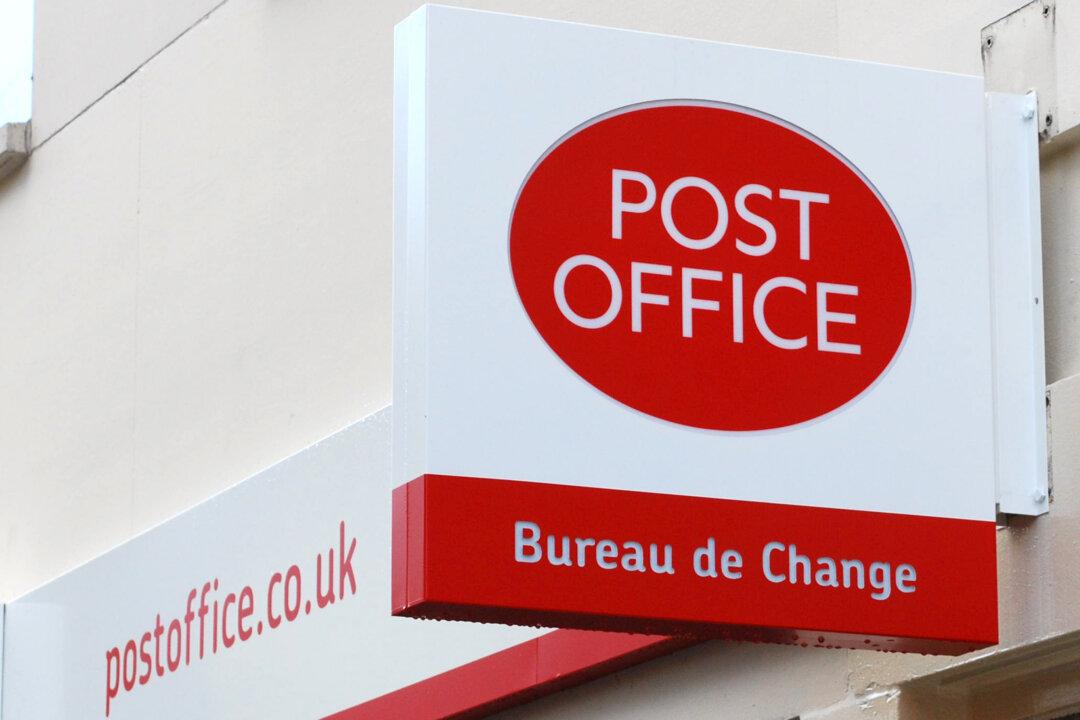Cash access and usage “remains vital,” the Post Office said after it reported handling £1.57 billion in personal cash deposits in January, a 10 percent increase on the same time last year.
While personal cash withdrawals fell from a record high in December of £979 million to £828 million (down 15 percent), this was still up almost 6.5 percent year-on-year.
Post Office Banking Director Ross Borkett said: “Being able to access and budget with cash remains vital for millions of people every day, particularly in the New Year after a busy Christmas period.
6,000 Bank Branches Closed
The increased engagement from members of the public with the Post Office for their banking comes amid a falling number of high street banks.Major banks have agreed to fund community shared banking hubs, to ensure continued access for people and businesses, though Cash Access UK, a not-for-profit company funded by nine banks.
If a significant gap in cash access is found, new services will be induced, which could involve installing an ATM, establishing a banking hub, or introducing a counter service for banking at an existing Post Office.
As of January 2025, Cash Access UK opened 106 hubs in partnership with the Post Office, which is taking an increasingly significant role in offering banking services.
More Banking Hubs Needed
The government has committed to opening 350 banking hubs by the end of this parliament in 2029.Ron Delnevo, chairman of the Payment Choice Alliance, said that while banking hubs are an answer, it does not provide the full solution.
Delnevo previously told The Epoch Times that his organisation estimates that “we need a minimum of 1,200 [banking hubs] to properly cover the UK.”
The Payment Choice Alliance chairman highlighted the importance of local businesses being able to access cash for their floats and deposit their end-of-day takings in order to continue to be able to accept cash, which in turn keeps the payment method circulating in local communities.
“Those banking hubs would give businesses an opportunity to deposit cash. But at the moment, with the bank branches disappearing, it’s often a 15 to 20-mile round trip for businesses to conveniently deposit cash,” he said.

Acceptance of Cash Inquiry
In November, the Treasury Committee launched an inquiry into whether there is a need to mandate the acceptance of physical cash.In December, the committee heard from several experts who described the importance of cash for the disabled, survivors of economic abuse, businesses, and local markets.
Last week, Gareth Thomas, the parliamentary under-secretary of state for business and trade, said he wants the banking industry to do more work with the government to ensure better access to financial services, especially for small businesses.
He added that with the Post Office now involved in offering basic banking services, the government would “hold the Post Office to account to ensure there is enough provision across the country,” saying the government wants 99 percent of the population to live within three miles of a Post Office.







